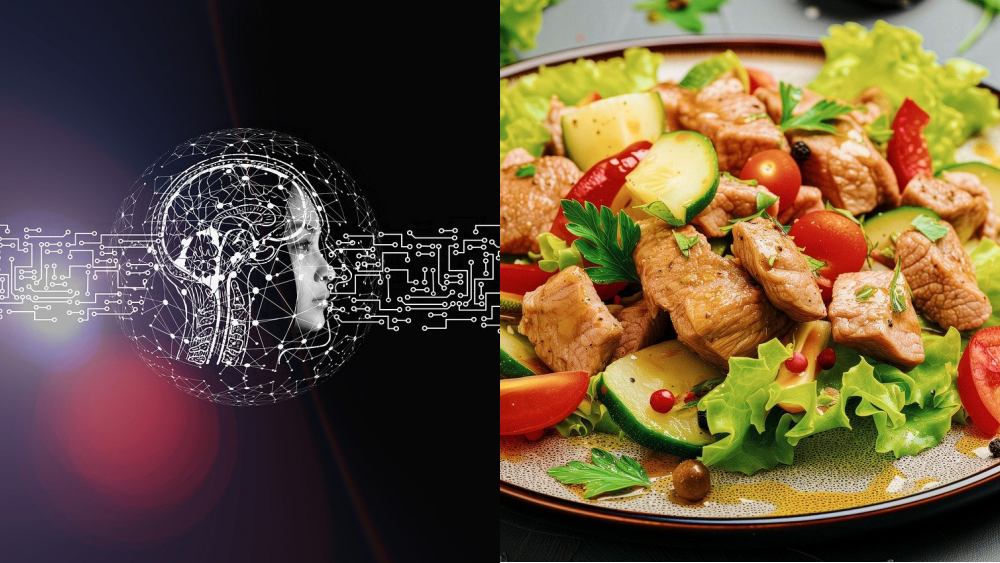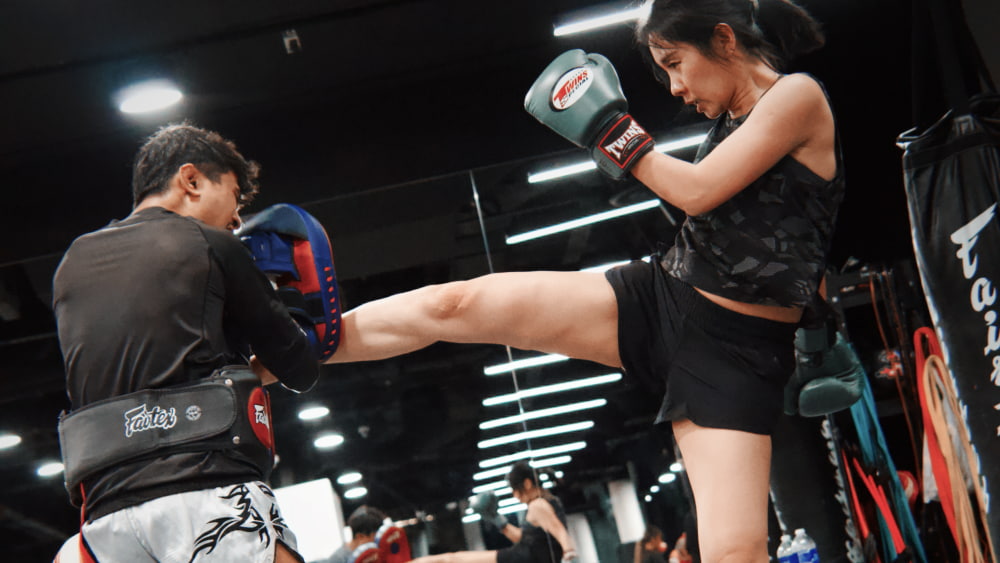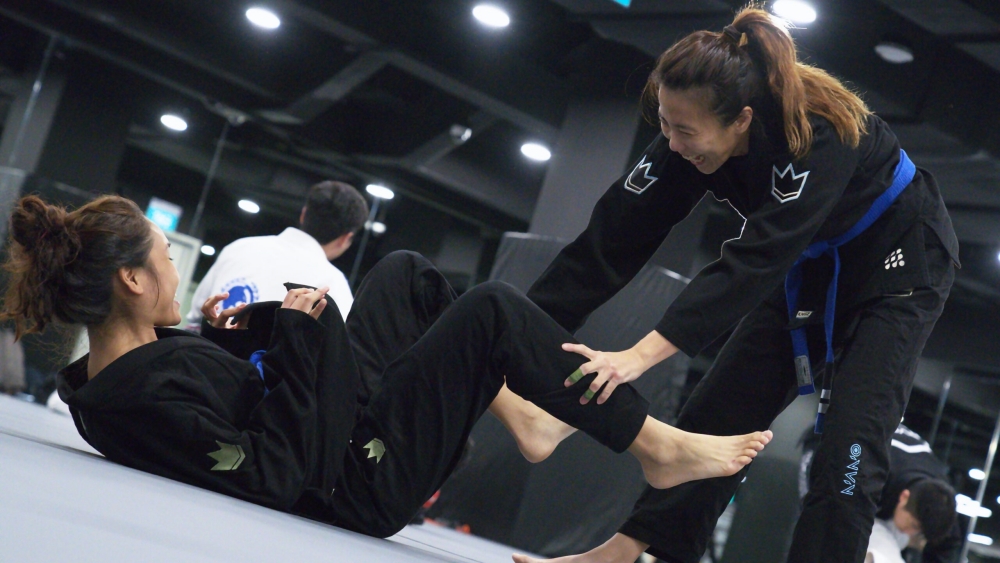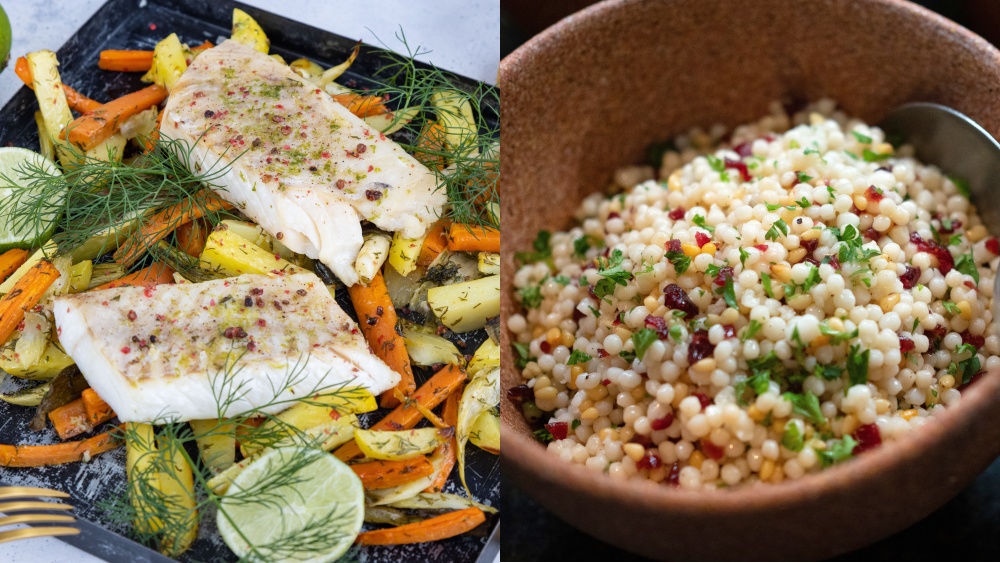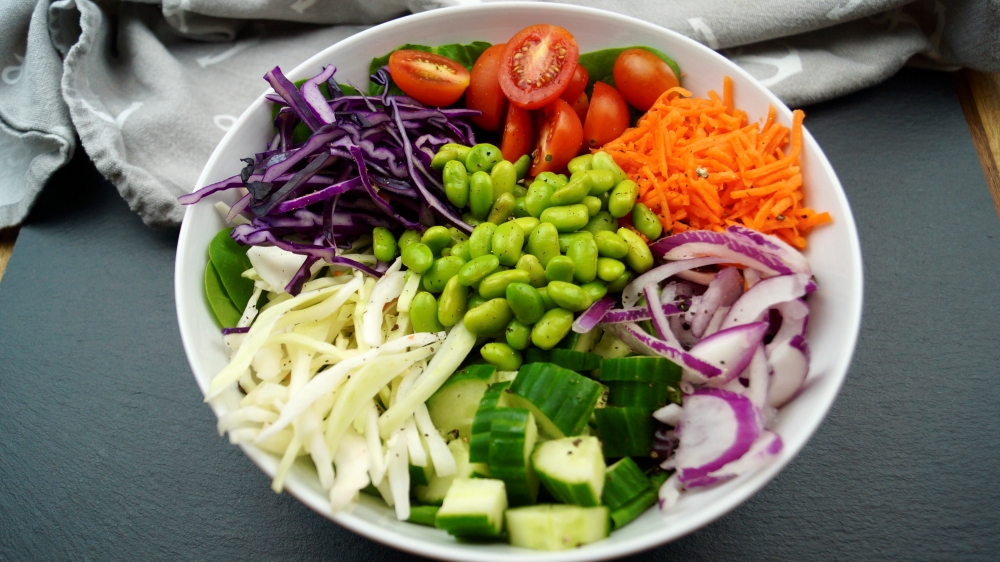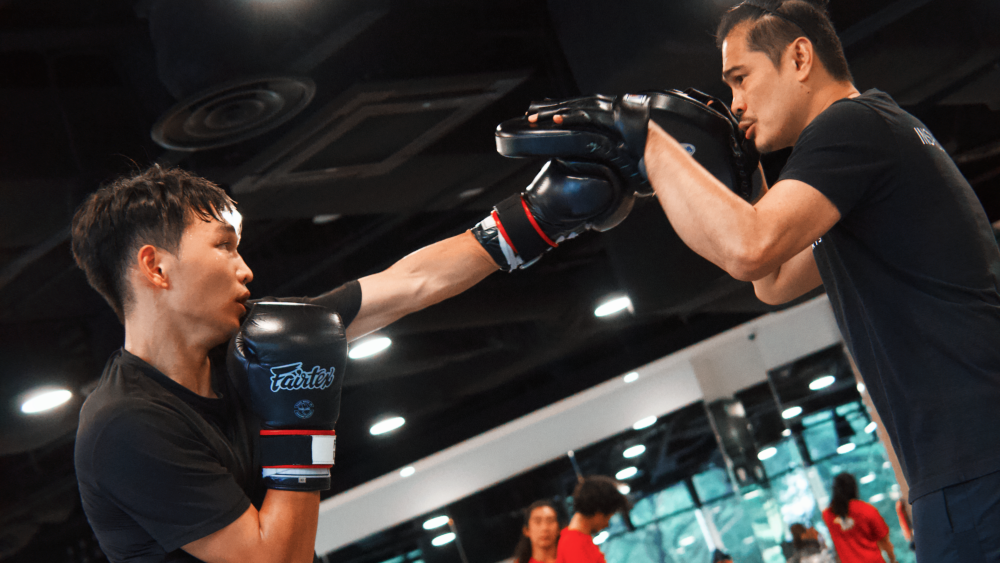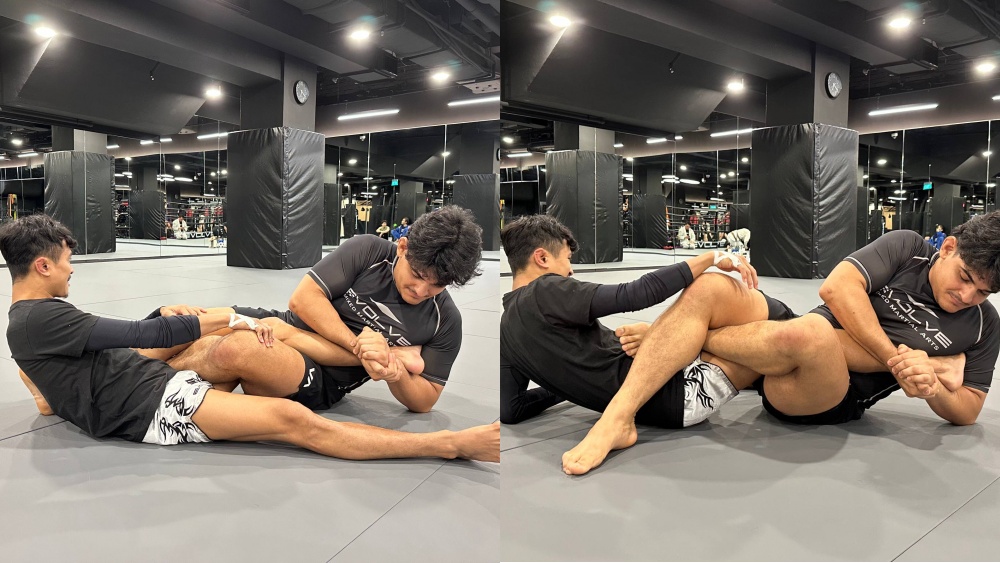Artificial intelligence (AI) is on course to revolutionize how martial artists personalize their diets to make weight for their competitions and to optimize their performances during martial arts classes. Most nutritionists measure success in terms of short-term and long-term improvements in their patients’ health.
The extent of this success comes down to the effectiveness of a nutritionist’s recommendations. In the case of a personalized diet plan, effectiveness means two things.
First, an effective diet plan should be relatively easy for an individual to follow and stick with. Second, the diet plan should do what it promises to do, with measurable changes that both the nutritionist and their client can see.
From these simple metrics, we see that an effective nutritionist should have good insights into their patient’s medical conditions, lifestyle, mindsets, and behavior. A nutritionist will use the insights they gain from their patients to craft effective and personalized interventions. This is just a small peek into the massive role of data collection and processing in the success of personalized diet plans.
The use of Artificial Intelligence to collect, process, and analyze data can do plenty to increase the precision of tailor-made diet plans. In the sections that follow, we explore the current and future use of AI in creating precision diet plans to handle different kinds of health issues.
Common Issues That Can Be Improved With Personalized Diet Plans
Weight management has to be one of the biggest revenue streams for nutritionists across the world. The most common weight management concern is weight loss for cosmetic and medical reasons. Nutritionists who work in medical settings also treat their fair share of underweight patients with malnutrition and/or eating disorders.
Athletes like martial artists also have to maintain specific weights to meet the requirements of governing bodies for their weight classes. Martial artists are often trying to lose weight to make weight, but some look to add more muscle so they can compete in higher weight classes. Others look to bulk for various reasons like an acting role or to build a bulkier physique.
Such individuals need diet plans that restore multiple aspects of their health, including immunity, muscle mass, bone health, and overall weight.
Other applications of personalized diet plans include:
- Blood sugar management in diabetic and pre-diabetic people.
- Management and treatment of Irritable Bowel Syndrome (IBS).
- Support for patients recovering from illness or injury.
A good nutritionist keeps up with studies that reveal trends and patterns in large groups of people with common conditions. They will use the information to find medical and dietary interventions that work for individuals with similar profiles to their patients. This kind of data is time-consuming, and that’s where tools like specialized medical databases, statistical software, and AI come into play.
How AI Can Power The Shift From One-Size-Fits-All Diets: An Example
Let’s take the case of a patient with frequent, regular episodes of IBS. A nutritionist can work to create a diet plan to reduce the frequency and intensity of their client’s stomach problems. To do this, the nutritionist has to collect exhaustive patient information, including a medical history as well as the foods and eating patterns that trigger their client’s episodes. It also helps when the nutritionist has a profile of the micro-organisms in their patient’s gut.
Next, the nutritionist needs to make sense of all this data to find the underlying cause of the problem. They also have to research interventions that work on people with profiles that match their patients.
The fastest and most accurate way to find the cause and cure of the problem is with tools that collect, process, and analyze large amounts of data. AI is one such tool, and machine learning is the power behind the tool. With AI, the nutritionist can identify the unhealthy aspects of their client’s gut microbiome. The same AI tool can then analyze the results of different studies to find foods that adjust the gut microbiome to create a healthy balance.
Using AI To Craft Diets For Athletes And Martial Artists
In the same vein, AI can find patterns that highlight how people with certain genetic markers respond to specific treatments. By processing large volumes of research, clinical studies, and raw patient data, AI can find patterns that:
- Predict changes to individuals’ metabolism based on their genetic profile, as well as their response to certain foods and certain eating patterns.
- Use an individual’s food preferences to find healthier alternatives with similar taste profiles.
- Identify foods that match and complement a person’s activity level.
- Create meal plans that account for daily routines, work schedules, and time constraints.
- Recommend foods that account for an individual’s medical history and current health status.
By leveraging genetic data and medical history, AI can even predict allergic reactions to foods that an individual has never tried before.
This opens up new possibilities for athletes looking to optimize their athletic performances without having to give up all their favorite foods or deal with unpleasant diets. Sports like Brazilian Jiu-Jitsu burn up to 1,000 calories for every hour spent on the mat, which gives participants lots of leeway in their diet. AI allows them to take full advantage of this to make dieting as comfortable as possible for them.
The AI-Powered Research And Apps That Are Revolutionizing Personalized Diets
Now we find out if AI delivers results when we use it to create diets that match a set of unique patient requirements.
1) Early Success In Studies That Use AI-Driven Diet Interventions To Manage IBS
For starters, multiple studies by different teams of researchers report success in the use of AI to improve the health of IBS patients. AI is enjoying a good track record when it comes to managing IBS by leveraging large volumes of data that detail different aspects of patients’ gut microbiomes.
2) A System That Leverages Personal Tastes To Gradually Shift Eating Habits
Many diets fail when people lose interest and motivation after weeks of eating food they don’t like. To address this issue, a team at Johns Hopkins is creating an AI model to gently wean people off foods they should give up. The trick is to use AI as a tool to find or create healthier alternatives with similar taste profiles.
Gradual behavioral change may be an effective approach with lasting outcomes. It will be interesting to see how effective the AI model will be in real-world situations.
This has great potential in sports like mixed martial arts where participants have to meet specific weight requirements for their competitions. Cutting weight is one of the most unpleasant aspects of such sports and AI can make the process less challenging by gently weaning athletes off their favorite foods.
3) DayTwo Is An App That Could Manage Blood Sugar For Some (Not All) Diabetics
This AI-powered app gives daily meal recommendations based on the user’s samples and medical data. The app relies on continuous monitoring of the user’s blood sugar levels, activity levels, and other personal data. There are a few success stories that praise the app, but the AI model still has room for growth and improvement.
Data Collection, Data Privacy, And Other Concerns
AI models need vast amounts of accurate, complete data to ‘learn’, make predictions and ultimately, make decisions. Much of this data is patient information that should remain confidential. Most AI models also need to consume personal data from wearable devices and other electronics.
Safeguards are therefore essential when handling sensitive data that belongs to large sections of the population. The reality is that legislation has a lot of ground to cover before it can catch up with evolving tech.
Precision Nutrition Powered By AI Is A Future That Could Happen
Declaring that the possibilities are endless is not an exaggeration because AI-driven nutrition is a new field of study. Some researchers focus on the use of accessible foods to match patient profiles, while others propose going even further.
AI-developed diets will likely have huge implications in the fitness and sports world. Athletes tend to have desired weights they should be at to optimize their performances, and nutritionists already play a major role in helping them to reach their goals, particularly in professional sports like Boxing, Muay Thai, and Football.
In the future, AI could create foods and food ingredients that match unique genes, health status, lifestyle, and geographic location.
For now, we watch as AI perfects its ability to deliver results for a growing number of people. With time, we’ll see if personalized AI-driven nutrition will go mainstream and benefit the masses. It most likely will have many uses in the sports world as athletes look to give themselves every advantage they can.
You may also like:
